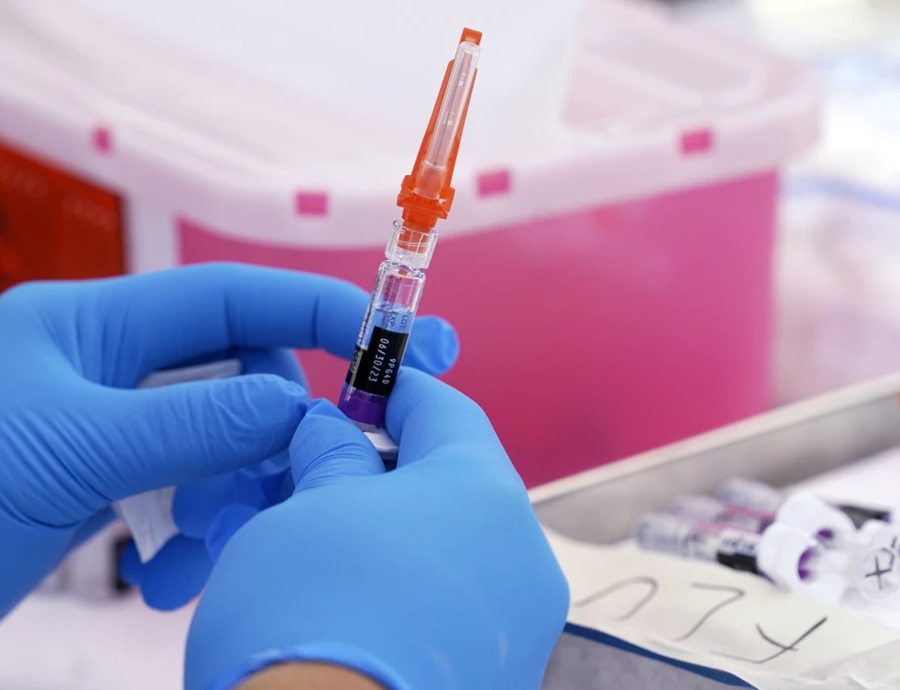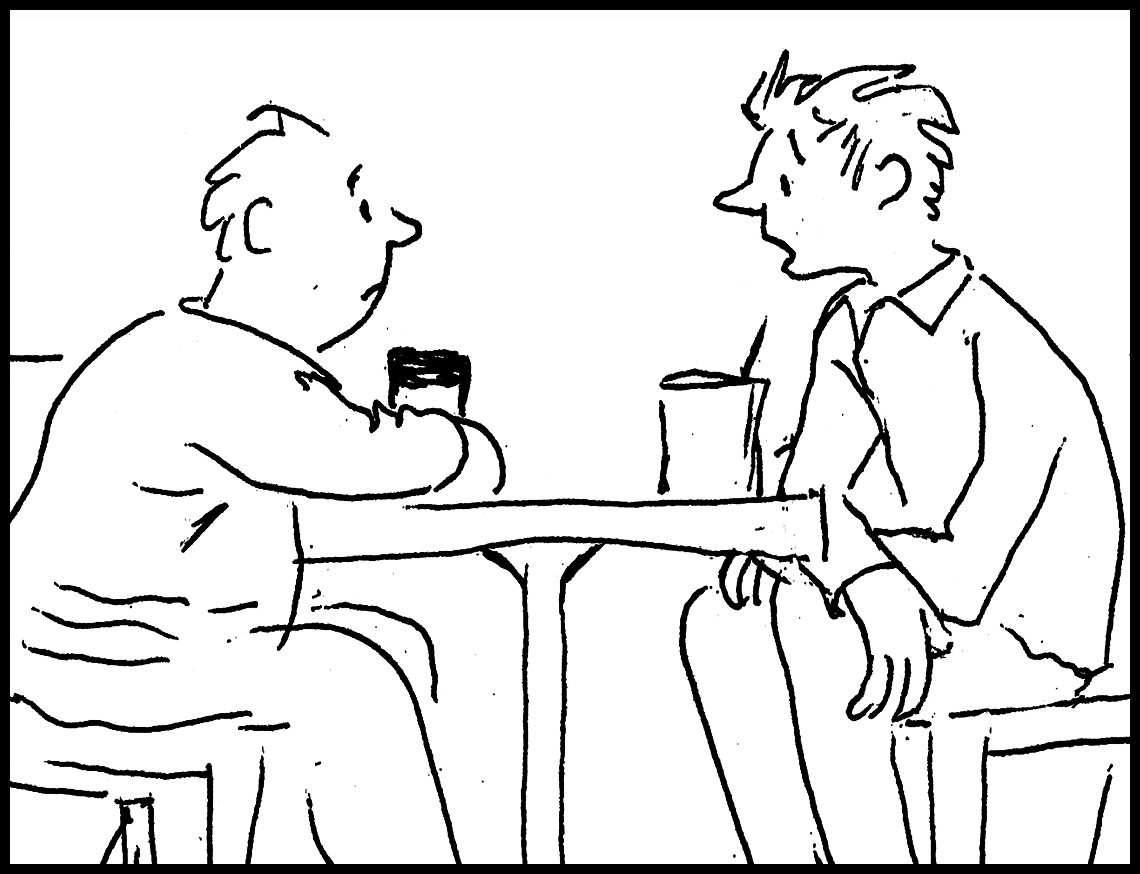Staff Writer Cade Harris
Final exam week is upon us. As we gear up for the last week of the semester, many students may be feeling stressed about their upcoming exams or assignments they have due. Since we are entering the most stressful part of the semester, it is important to understand what stress can do and ways to combat stress.
Karen Cuttill, a professional counselor at Richland Campus, said she believes one day chronic stress will be linked to most of our major illnesses.
Cuttill said our body experiences chronic stress when we are presented with something that we perceive as a threat. “We are designed to react to stress,” Cuttill said.
“If we perceive it as a threat, then our brain has to react and then it has to make a decision, whether we can engage it or if we need to run from it.” She used the analogy of facing a saber-toothed tiger as dealing with your stress.
When we undergo chronic stress our brain releases two hormones, adrenaline and cortisol.
“Cortisol is like acid in your body,” Cuttill said. “It can impact your kidneys, your heart, your brain [and] just about any of the organs.”
Chronic stress not only affects your body but it can also affect what you do to your body. Cuttill said people do things to their body to cope with stress whether it be overeating, over drinking or anything else to make you feel better.
“If you look at the research done worldwide, it is really beginning to believe that chronic stress is probably the number one health concern,” Cuttill said. “It can impact diabetes [and] people’s weight.”
When we know we have an important exam or assignment coming up we are likely to perceive it as a threat.
It is important to not be hard on ourselves toward an exam or we will get more scared than we should. “It is how we perceive the situation,” Cuttill said.
“If we’re telling ourselves something is horrible, [a part of] our brain is going to remember that and it’s going to respond to that.”
In an exam, if you are producing high levels of cortisol due to chronic stress, you will likely not do as well as you probably should have. It is important to stay calm and realize that you know the information you prepared for so that you do not freeze up on testing day.
Stress can be impactful to body and mind but can be dealt with techniques. One of the techniques Cuttill described was a style of breathing. When presented with a stressful situation, it is important to breathe in and out, stay in the moment and stay away from negative thoughts.
Cuttill described our body as a Ferrari, you want to put the best ‘fuel’ in it. If you are eating unhealthy or doing things to your body that are harmful, you are going to have more trouble dealing with a stressful situation.
Cuttill also compared leaving your car battery on overnight to depriving themselves of sleep.
“[During sleep] your brain does all the housekeeping that it can’t do while you’re awake,” Cuttill said.
“Sleep is important, which means you need to study in pieces beforehand.” Cuttill said rushing to study the night before an exam is not encouraged but it is also never too late to study, even if you have not been studying days before.
“Your major part of studying needs to be at least two days before an exam.”
Students are encouraged to get good sleep, eat healthy, be positive and think good thoughts about themselves and the challenges ahead and practice breathing exercises in order to achieve their academic goals during their finals. For more information on dealing with stress or the counseling center, visit the Lakeside Resource Center at E082.



















